 Written by: Yvonne Luce, Global Education Derby (20 August 2020) As a young teacher, I was always astounded that, after considerable work planning, delivering and reviewing the curriculum, it seemed that whatever we were doing was soon considered obsolete and the whole process of familiarisation, learning and planning had to begin once more. Older, wiser staff would sigh and grumble about more changes yet again. They would explain that “education goes in cycles” and that, whatever was now being criticised, would re-emerge as a “new discovery” sometime in the future. Some of what was said often proved to be the case, as time went by. Teaching fads can come and go, sometimes with little evidence that the new “big thing” has any meaningful, long term impact. There is now much more rigour and research underpinning classroom interventions. Information is publicly available for teachers to examine for themselves. This can only be a good outcome for teachers and students and generates a lot of interest and debate. https://educationendowmentfoundation.org.uk/evidence-summaries/teaching-learning-toolkit/ There are also more opportunities for teachers to learn, discover and reflect and far more collaboration and sharing between educational professionals, both formally and informally. Websites such as https://www.schooleducationgateway.eu/en/pub/index.htm and https://chartered.college/future-of-teaching/ are just two examples of where teachers can stretch their minds, build confidence and make new connections. It is remarkable how much time many teachers devote to their own professional development, beyond that arranged by their own educational institution. Social media has opened up a whole new space for teachers to engage with different perspectives and knowledge, whatever their specialism. The inescapable fact is that change is inevitable. The world is always moving on and of course, for some, change does not come quickly enough. I recently asked a group of teachers what was the biggest change in their lifetimes and they quickly focused on technological change and its impact upon their lives, families, jobs and wider society. Personally the last few months have demanded a huge move away from face to face activity to remote working, powered by these new technologies. The most demanding challenge has been to take existing face to face training courses and transform them into live, online training which is participatory, interactive and responsive. Initially, my reaction was to deny the necessity of this change, believing that it was impossible to do it and needless - but change waits for no one! Once the value and need to learn new ways to do things was accepted, the process became a little easier. Thinking through course content, chatting to experienced online deliverers, exploring online platforms and applications, practice with trial and error, became the order of the day. It must be said that the whole process was extremely time consuming. However, the buzz of learning something new, thinking creatively and mastering new skills became quite addictive. Thankfully, the first live, online course was well received by the participants and was not as daunting as originally feared when the fateful training day arrived.
The keys to success were working together with other facilitators, sharing ideas, giving each other space and time, building trust and daring to take risks. We must become lifelong learners; brave enough to try out new things, risking vulnerability in order to overcome anxieties about change. Change can be rewarding rather than intimidating, if we can challenge our limiting beliefs and start to take positive actions to move forward. The first steps have been taken and the next change will be just around the corner of life.
0 Comments
|
AuthorBlogs written by the Thinking Otherwise team. Archives
September 2021
Categories |
|

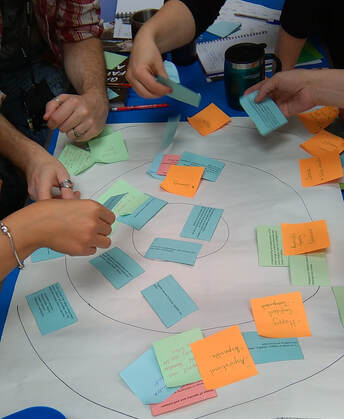
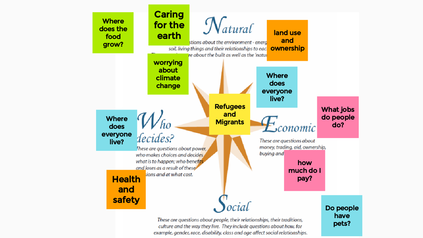
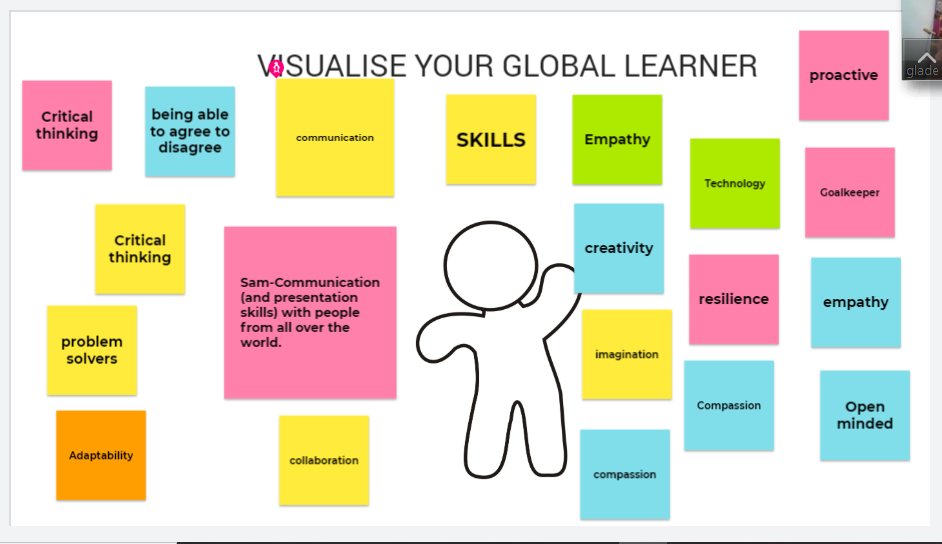
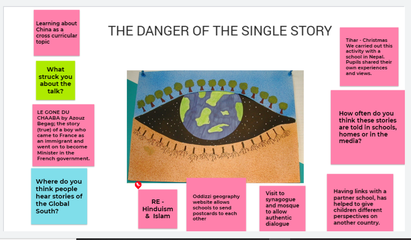
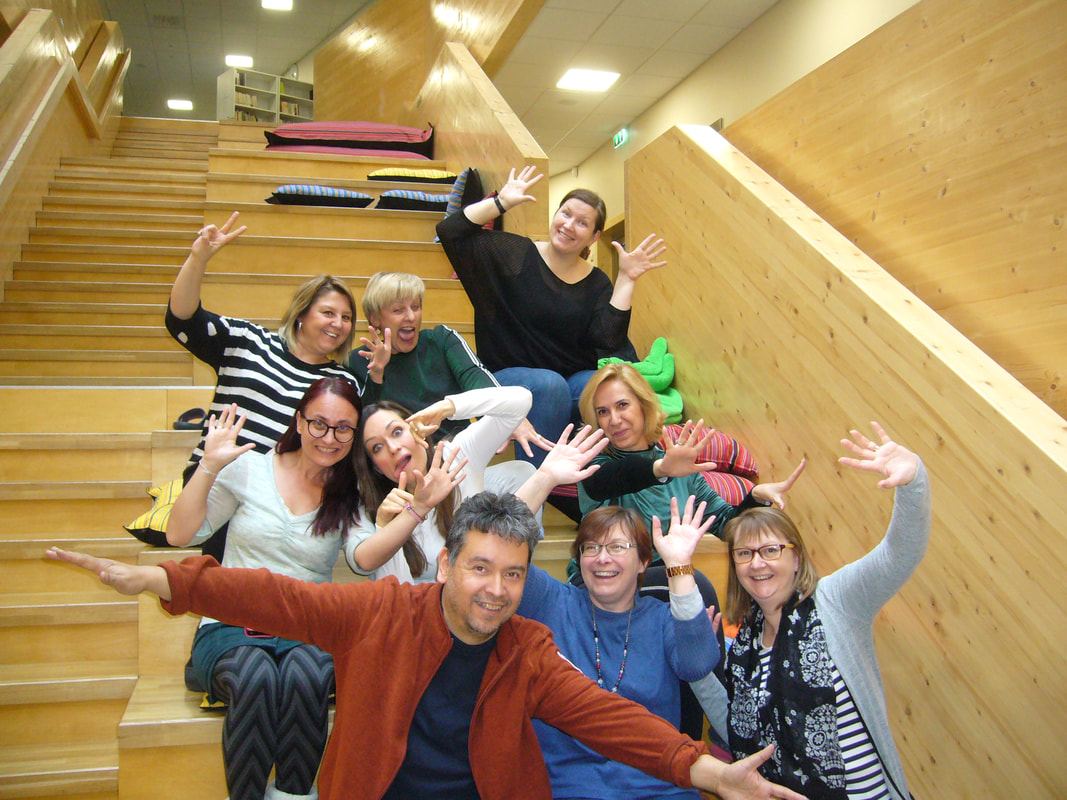
 RSS Feed
RSS Feed


